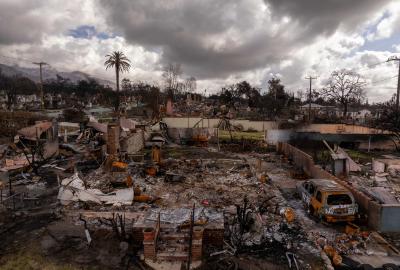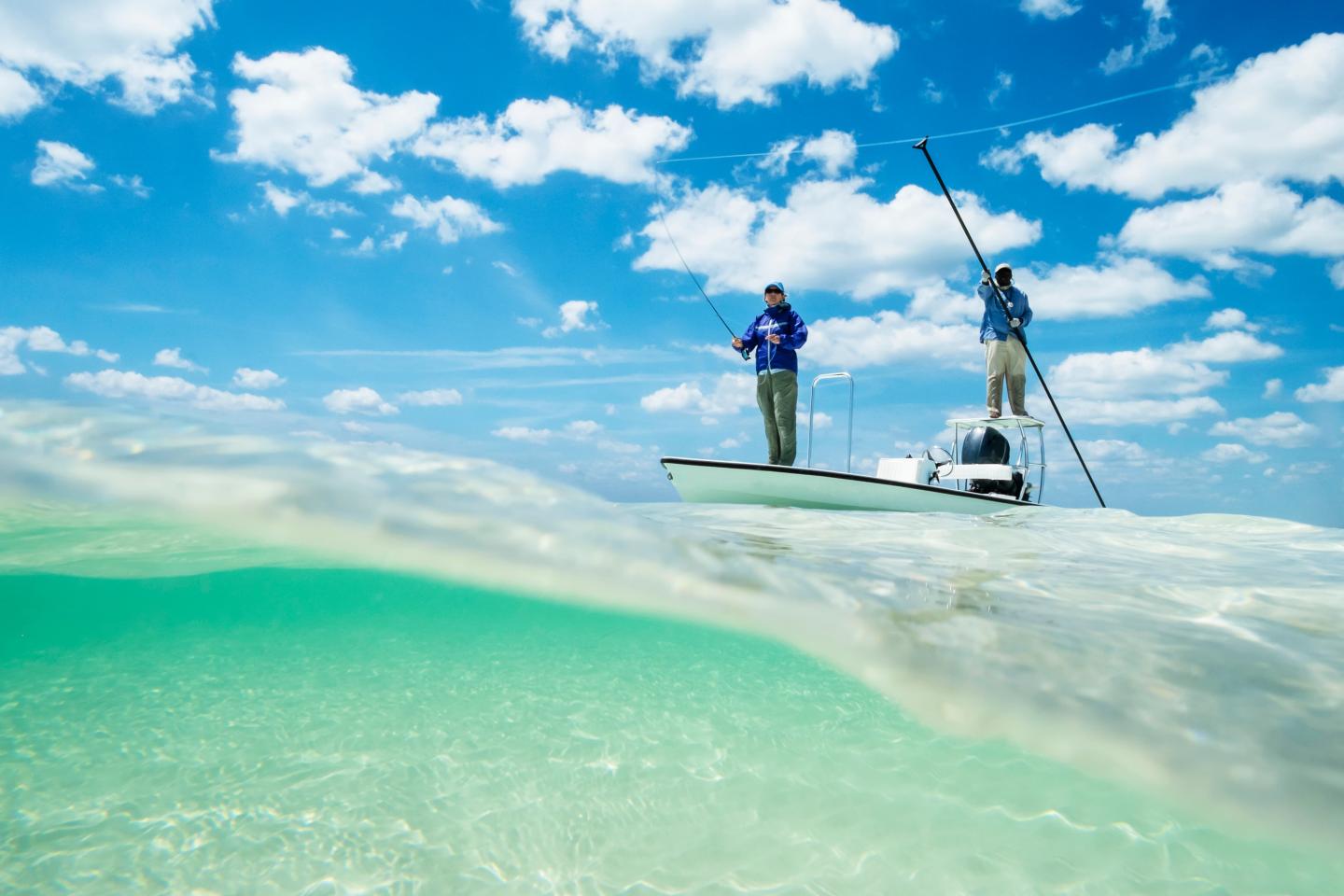
Paradise preserved: local fishermen fend off risky mining proposal in The Bahamas
The crystalline saltwater flats around the island of Andros, The Bahamas, are filled with lightning-quick bonefish that beguile sport fishers. Vast nurseries of knotty mangroves and seagrass beds shelter baby spiny lobster, snapper and other juvenile fish.
Its barrier reef, the world’s third largest, is home to more than 164 species of coral and fish. And the island’s pine forest supports rare birds, including the critically endangered Bahama oriole.
“I can reach outside right now and pluck an avocado,” says Prescott Smith, one of about 8,000 Andros residents. “This place is really a paradise.”
Andros is also where the Bahamas Materials Company has proposed a 5,000 acre limestone mine that could put this precious ecosystem at risk.
Mining for limestone, which is widely used in construction, is a multibillion dollar industry. It has been associated with water contamination and scarcity, soil degradation, air pollution and sinkhole collapses.
Local conservationists fight back
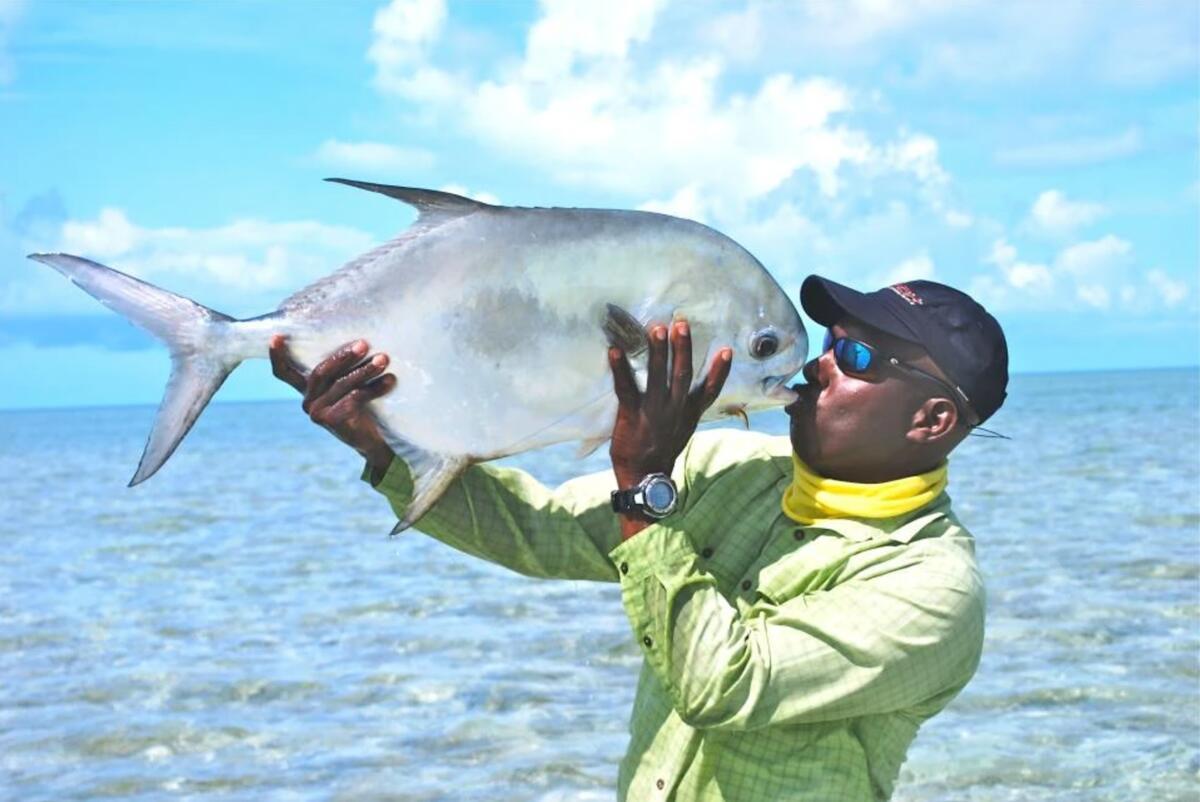
Smith, a fly fishing guide and local conservation leader, is one of several Bahamian environmentalists who have been speaking out against the mine. “This will be devastating to fishing,” he says.
In a June 2022 letter to the prime minister, several conservation groups, including Bahamas Sportfishing Conservation Association, Environmental Defense Fund and others detailed their concerns about the potential impacts of the mine on the environment and the 500-plus local jobs that depend on healthy land and seas.
In August, their efforts seemed to pay off. The Bahamas Investment Authority rejected the proposal — a surprising move for an agency created to smooth the way for investors.
But celebrations of the victory could be short-lived. The company has said it will continue to pursue the project, which has other avenues for approval.
Battling mining misinformation
Many people in The Bahamas are not aware of mining risks, says Smith.
BMC has been campaigning intensively for community support on Andros. The company’s promotional materials promise to create 151 permanent jobs and an estimated $1 million in community development funds. In 2020, BMC donated a firetruck to the local government in North Andros.
To help the community make an informed decision, EDF and the nonprofit Community and College Partners Program reached out to the American Geophysical Union’s Thriving Earth Exchange, a program that connects communities with scientists, to find Sophie Huss, a Michigan State University geologist who studies sustainable mining.
Huss is now leading a team of seven volunteer scientists to develop an environmental impact brief on the project. She’s participating in information sessions for community members, as well as meeting with local and national officials, to discuss the potential impacts of the mine.
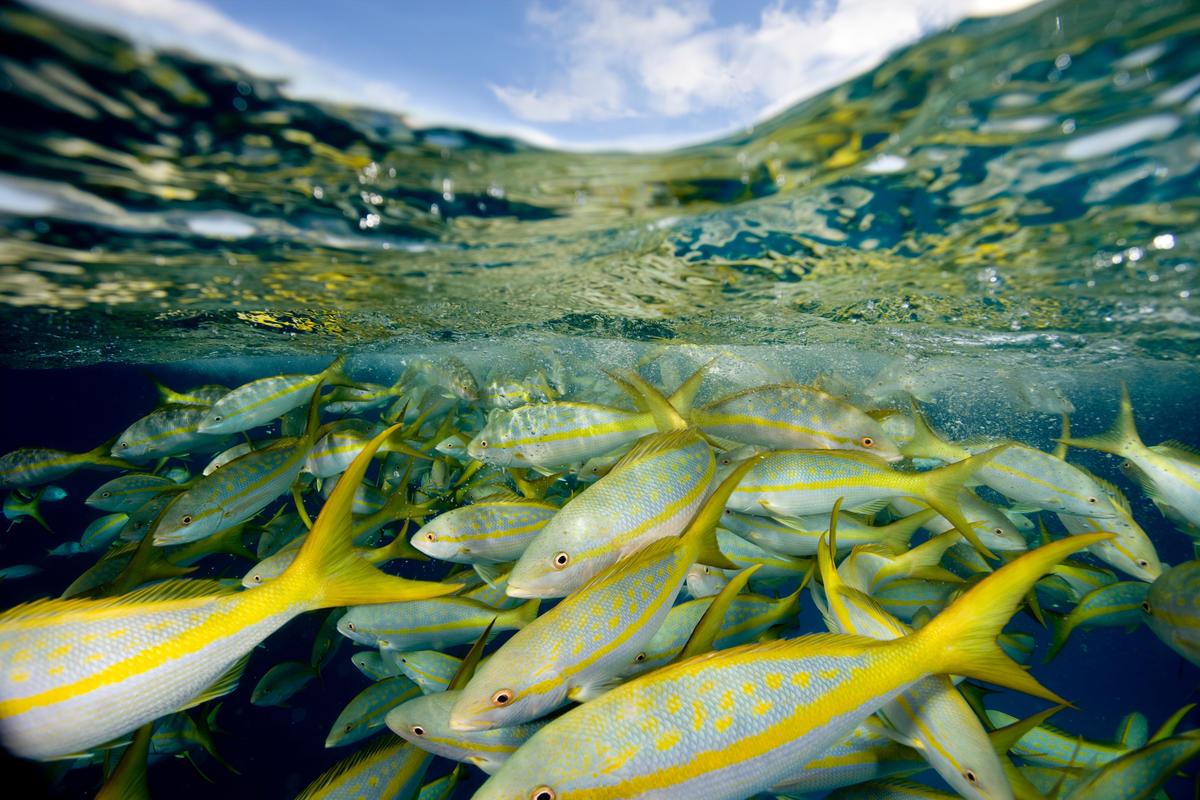
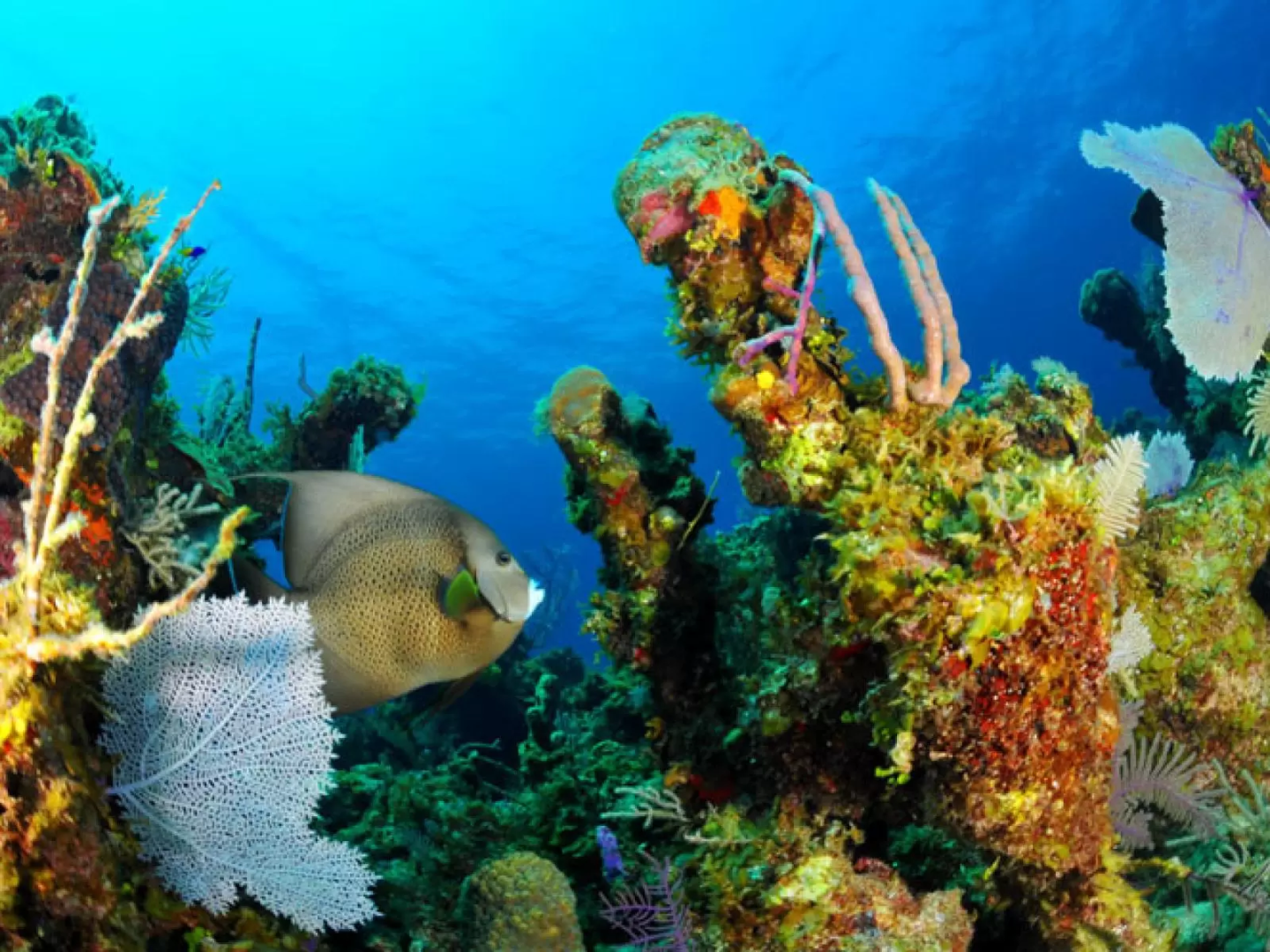

The world’s third largest barrier reef could be exposed to pollution from limestone mining in Andros, The Bahamas. (Getty)
A major concern is the risk to Andros’ freshwater lens, an underground formation that is the largest freshwater resource in The Bahamas. Fresh water is increasingly threatened across the Caribbean, due to sea level rise and hurricane-induced storm surges, which bring saltwater into the system.
At a proposed depth of 80 feet, mining would break through the lens, opening it to contamination. And because Andros’ limestone land base is porous and riddled with caves, “pollution can travel through very easily,” says Huss.
Polluted groundwater would enter streams and then flow out to coastal waters, contaminating the coral reef, mangroves and seagrass beds on which more than 100 fish species — and thousands of people — depend.
Community-based conservation
The mine’s supporters on Andros say it offers a rare opportunity for economic development. But Smith and others see a future based on sustainable use of Andros's natural resources. Smith has trained hundreds of fly fishing guides in The Bahamas, helping build a $170 million angling industry, and has founded three nonprofits dedicated to conservation and education.
“People prey on communities who are not aware of what’s at stake,” Smith says. "True conservation is about equality. When people realize they can earn a living from a sustainable use of the environment, they will protect those resources.”

